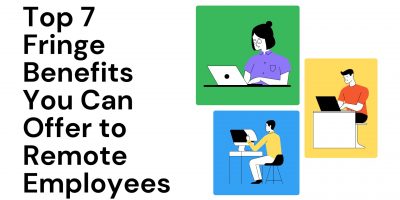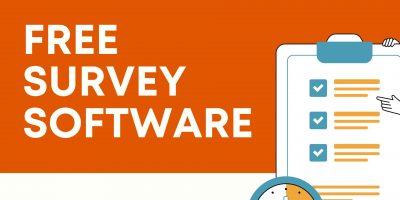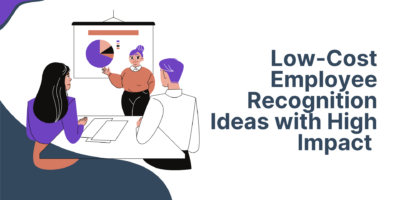
Companies with Unlimited PTO
As employers become more open to flexible time-off policies, unlimited PTO is emerging as a clear signal of people-centered thinking. Many companies are already leading the way, but could this approach work for your team?





